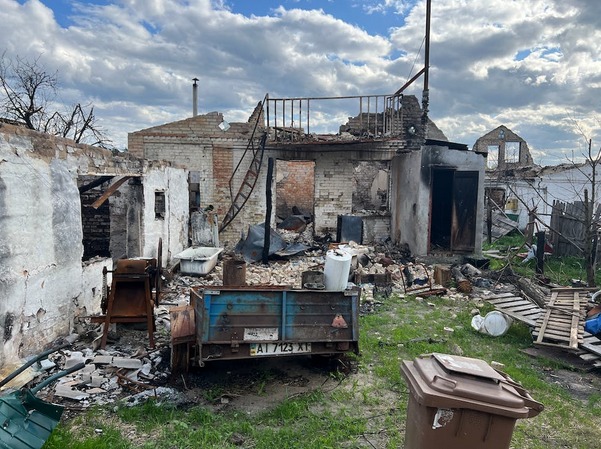
Financial Assistance Programs for Damaged Homes: A Comprehensive Guide
Home damage can be a significant financial burden, leaving homeowners worried about how to finance repairs and recovery. Also, not everyone knows how to deal with damage sell house. Fortunately, there are various financial assistance programs available to help individuals and families get back on their feet after experiencing property damage. In this comprehensive guide, we will explore some of the key assistance programs you can tap into to aid in your home’s restoration and minimize the financial strain.
Federal Disaster Assistance
In the event of a declared disaster, the Federal Emergency Management Agency (FEMA) offers financial assistance through its Individual Assistance (IA) Program. This program provides grants to eligible homeowners for temporary housing, home repairs, and other disaster-related expenses that are not covered by insurance. To apply, visit the FEMA website or contact their helpline for guidance.
Small Business Administration (SBA) Loans

The SBA provides low-interest loans to homeowners, renters, and businesses affected by disasters. These loans can cover repair costs, and property damage and even assist with mitigation efforts to prevent future damages. The loan terms are flexible, and repayment plans can be tailored to fit individual circumstances. Visit the SBA website to learn more about eligibility and application procedures.
HUD Community Development Block Grants
The Department of Housing and Urban Development (HUD) offers Community Development Block Grants (CDBG) to support disaster-affected communities in their long-term recovery efforts. These grants can be allocated toward housing rehabilitation, infrastructure improvements, and economic revitalization, among other needs. Eligibility criteria and application processes may vary by state, so check with your local HUD office for specific information.
State and Local Assistance Programs
Many states and local governments have their assistance programs to support homeowners with damaged properties. These programs may offer grants, low-interest loans, or tax relief to help cover repair costs. Research your state’s official website or contact your local housing department to find out about available programs and eligibility requirements.
Non-Profit Organizations and Charities
Several nonprofits and charitable organizations provide financial assistance to individuals and families affected by home damage. These organizations often focus on specific regions or disaster types. Examples include the American Red Cross, United Way, and Habitat for Humanity. Research these organizations’ websites or reach out to them directly to explore available resources and assistance.
Insurance Claims and Policy Riders

If you have homeowner’s insurance, it’s vital to review your policy and assess the coverage for damages. Document the extent of the damage and promptly file a claim with your insurance company. Some policies may also offer additional riders or endorsements that provide coverage for specific perils or additional living expenses during repairs. Consult with your insurance agent to understand your policy and maximize your benefits.
Crowdfunding and Community Support
In the digital age, crowdfunding platforms like GoFundMe and Kickstarter have become popular ways to seek financial help for various causes, including home repairs. Share your story, photos, and fundraising goals on these platforms, and reach out to your community through social media and local networks. Your friends, family, neighbors, and even strangers may be willing to contribute and assist you in your recovery journey.
Financial assistance programs can serve as a lifeline for homeowners navigating the challenging aftermath of home damage. By utilizing these resources, homeowners can find the financial support they need to recover from home damage and move forward with confidence. Remember, you don’t have to face the financial challenges alone – reach out and take advantage of the assistance available to you.

